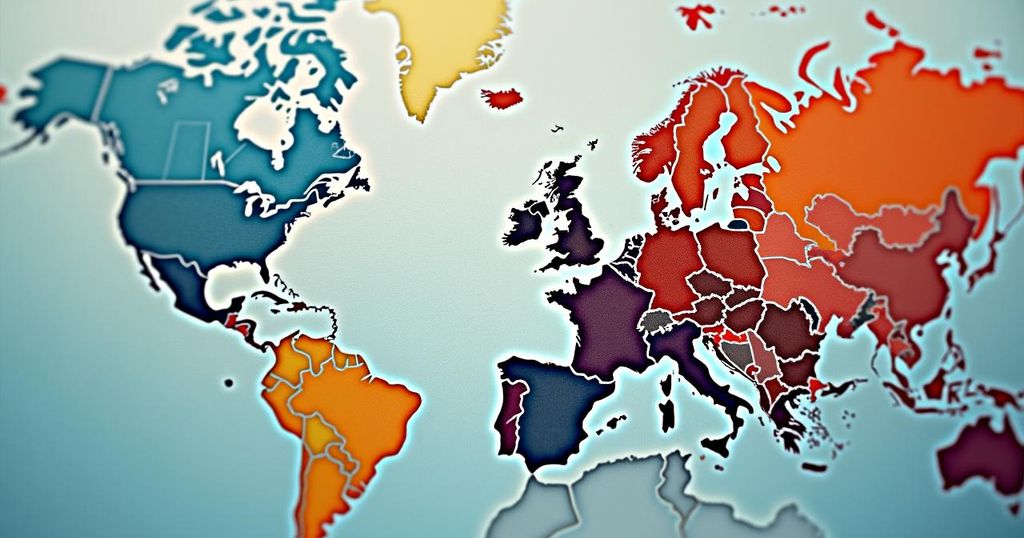The article discusses the failure of Argentine lawmakers to overturn President Milei’s veto on university funding, the UK Prime Minister’s pledge to maintain Falkland Islands sovereignty, and the cancellation of a strike by Ghanaian unions opposing illegal gold mining following government assurances to improve regulation.
In Argentina, President Javier Milei’s veto on legislation intended to boost funding for public universities has sparked significant outrage. Lawmakers in the lower house of Congress were unable to overturn the veto, which would have increased faculty salaries to help mitigate the effects of soaring inflation, currently at a staggering 209%. Protesters, numbering in the thousands, gathered outside Congress in Buenos Aires, advocating for increased investment in public education, as approximately 80% of Argentinian students enrolled in higher education attend public universities. In response to the veto, President Milei took to social media, asserting that the vetoed bill was “irresponsible” and reaffirming the government’s commitment to achieving a zero deficit and returning the country to economic stability, despite rising poverty levels and a recession since his presidency began. In the United Kingdom, Prime Minister Keir Starmer affirmed the government’s stance that the Falkland Islands, as well as Gibraltar, will remain under British sovereignty. This statement came in the wake of controversy surrounding the Labour Party’s decision to return the Chagos Islands to Mauritius, which some MPs feared could prompt further discussions about other territories. Prime Minister Starmer noted the personal significance of the Falklands issue, referencing his uncle’s near-fatal experience in the 1982 conflict between the UK and Argentina over the islands. Argentina continues to assert its claim over the Falklands, despite the historical context of the conflict initiated by Argentine military actions in the early 1980s. In Ghana, unions opposing illegal gold mining announced the cancellation of an impending strike after government negotiations resulted in promises to enhance mining regulations. The Trades Union Congress of Ghana, which organized the planned strike, reported that President Akufo-Addo assured the revocation of a law allowing mining within forest reserves and committed to deploying military support against illegal operations. Unions and environmental advocates have expressed strong concerns over the humanitarian and ecological damage caused by unregulated mining activities, which have reportedly led to polluted waterways and deforestation.
The issues presented in the article reflect ongoing political and environmental challenges in Argentina, the United Kingdom, and Ghana. In Argentina, a crisis regarding public university funding comes amidst economic hardships and significant inflation rates, prompting widespread public demonstrations. Concurrently, the UK’s historical governance of overseas territories continues to prompt political debates following recent concessions related to the Chagos Islands, thereby raising concerns about future territorial claims—especially from Argentina concerning the Falklands. In Ghana, the struggle against illegal gold mining exposes significant environmental and human rights issues, leading to unions advocating strongly for governmental intervention to protect both the environment and workers’ rights.
In summary, the situations in Argentina, the UK, and Ghana highlight critical socio-political and environmental issues facing these countries. Argentina grapples with educational funding amidst inflation and increasing poverty, while the UK maintains its claims over distant territories despite political controversies. Meanwhile, Ghana continues to confront illegal mining practices that threaten environmental and humanitarian integrity, with unions playing a pivotal role in demanding government accountability. Collectively, these developments underscore the complexities of governance, public protest, and the balance between economic needs and societal welfare.
Original Source: nyunews.com





